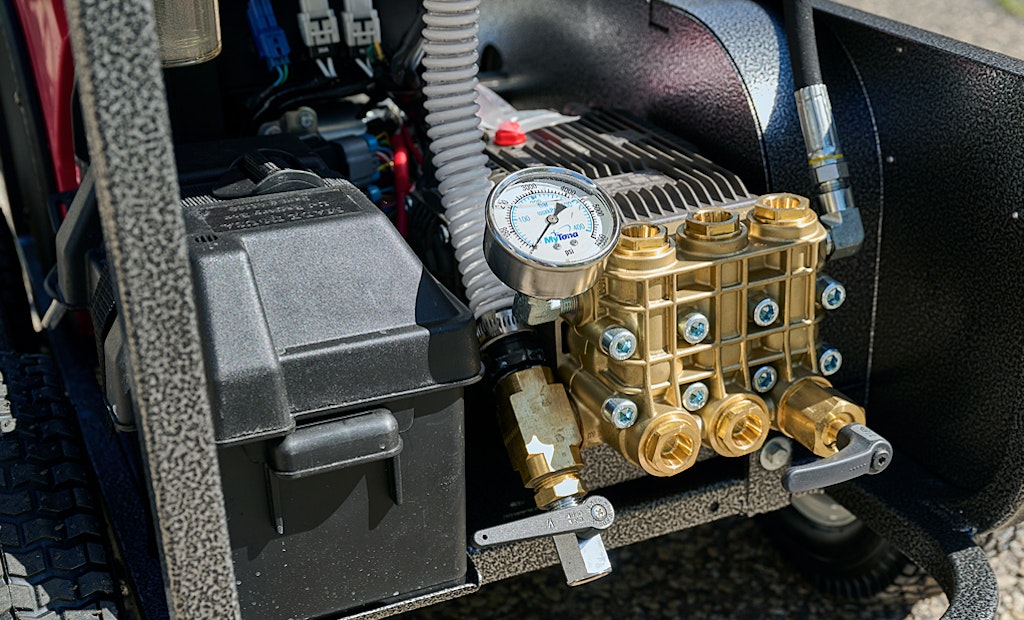Interested in TV Inspection?
Get TV Inspection articles, news and videos right in your inbox! Sign up now.
TV Inspection + Get AlertsDrain cleaning is a tough job, so you need equipment that works. Regular cleaning and maintenance is the key to ensuring your equipment is ready to go when you need it. But too often, drain cleaners and plumbers let busy schedules get the best of them, and before they know it, they have rusting, worn-out equipment that needs replacing or an expensive repair.
Understanding common problems and learning how to prevent and address them can save you both time and money in the long run.
Keep it clean
Replacing worn or damaged parts is straightforward — the daily grind of cleanup and logging damage is where many drain cleaners fall short. When you don’t clean your equipment regularly, you set yourself up for some major problems. First, sewage corrodes metal, weakening your cable, drum and frame and making your entire machine more prone to breakage and failure. Not cleaning your camera head is also risky. Sewage can corrode the spring or camera body, making it thin or brittle, while pockmarks allow water to enter the camera head causing a short.
Check the hose/cable/pushrod
One of the most common equipment problems drain cleaners face is a kinked cable or pushrod, or damaged jetter hose. It is important to regularly inspect these components as you feed or rewind, and repair or replace at the first sign of damage or fatigue.
Protect your power source
Another major issue for drain cleaners and plumbers is damaged wiring or broken or missing ground prongs or GFCI connections. Aside from the personal risk of electrocution, frayed wiring can also damage your equipment. It can lead to spikes in current, which in turn can cause heat damage to internal components, like chips and drives. A small nick in a power cord can cook all of the internal components of your camera system, turning a small problem into a very expensive repair. In addition, insufficient power can cause your system to run sluggishly, and sluggish equipment is the last thing you need when trying to clear stubborn blockages.
Use common sense
MyTana gets too many repairs in its shop due to preventable damage such as cameras that were used to “ram” obstructions, or pumps that weren’t properly winterized. And it helps to remind operators to always follow the manufacturer’s recommended maintenance. At the very least check oil levels, keep moving parts lubricated, and regularly inspect and clean.
So spend 10 minutes of care at the end of every day and replace damaged parts quickly. With both of these methods working in tandem, you can feel confident going to work each day knowing your equipment will be ready to go. MyTana stocks repair items for all its equipment, it’s a benefit of purchasing your equipment factory-direct.
To learn more, call 800-735-7684 or visit mytana.com
Visit the MyTana Storefront






